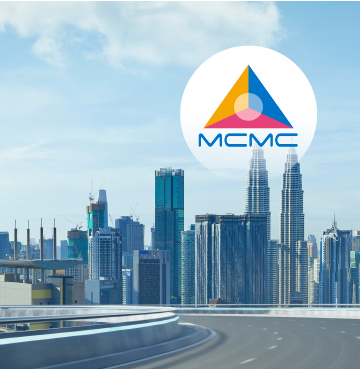
What are the FCC Labeling Requirements?
Electrical & electronic instruments which can generate radiofrequency radiation, as well as that, may create disruption to devices operating in the radio energy spectrum of 9 kHz to 3000 GHz are primarily regulated by FCC regulation. It falls into 3 categories:
- Unintentional Radiators
- Intentional Radiators
- Incidental Radiator
What is an Intentional Radiator?
A gadget that produces and distributes radio frequency power by radiation or induction would be known as an intentional radiator. Several Wi-Fi, 3G, 4G, 5G, Bluetooth, LTE, and operational RFID gadgets fall under this category. The following are examples:
- Speakers with Bluetooth.
- RFID labels that are in use.
- Smartphones.
- Microphones that can be used wirelessly.
- Wireless routers.
An unintentional radiator seems to be a gadget that creates radiofrequency power for internal use or communicates messages through connecting circuitry, however, is not intended to release radiofrequency power by radiation. The following are a few examples:
- Led bulbs
- Machines for making coffee.
- USB flash drives
- Wireless mouse
An incidental radiator creates or transmits radiofrequency radiation. Certain gadgets are classed as incidental radiators, and they are frequently used as elements in systems that are either unintended or purposeful radiators.
As a result, whenever it refers to basic specifications, it’s best to just follow those of the completed gadgets, which are usually radiators, whether intentional or unintentional. The following are a few examples:
- Electrical motors
- Mechanical light switches
FCC Labeling requirements
If a final product includes an unauthorized transmitter as well as the verification is done on the completed project, the final product will receive a certificate of technical authorization. The item must be labeled with the FCC ID on the exterior1 of the object in this situation.
The certification identification (FCC ID) marking is mandatory. The item must have an FCC ID. It can become a label engraved into the product’s surface, or it can be shown digitally, however it must remain clear and in a typeface that can be read without magnification.
The usage of this FCC sign is another big misconception. For several years, the FCC sign has been wrongly affixed to a number of devices. Never utilize a current item to check for relevant labeling standards; instead, look up the guidelines first. According to the FCC, correct labeling must be examined and applied. The device should qualify for Supplier’s Declaration of Conformity (SDoC) in order to utilize the FCC sign specified in FCC 15.19(b). The FCC emblem cannot be used on devices that do not meet the DoC requirements. Intentional Radiator and Unintentional Radiator are the two types of authorization available for a specific product.
This is true for any item that does not need the batteries to be replaced to power it. One problem that producers, as well as some test laboratories, overlook is that if an item has only a USB connection and can only be powered by additional equipment (e.g., a laptop or tablet), the Ac Source Conducted Emissions check should be done on the Ac source another device. The gear supplied with or authorized for usage with the item must be used as the host equipment.
Companies must be notified of these laws and criteria, as inappropriate labeling and promotion of an item that does not fulfill the laws’ standards can result in costly financial penalties. FFC labeling is mandatory so don’t be misled by anybody who does not know the laws and standards.







